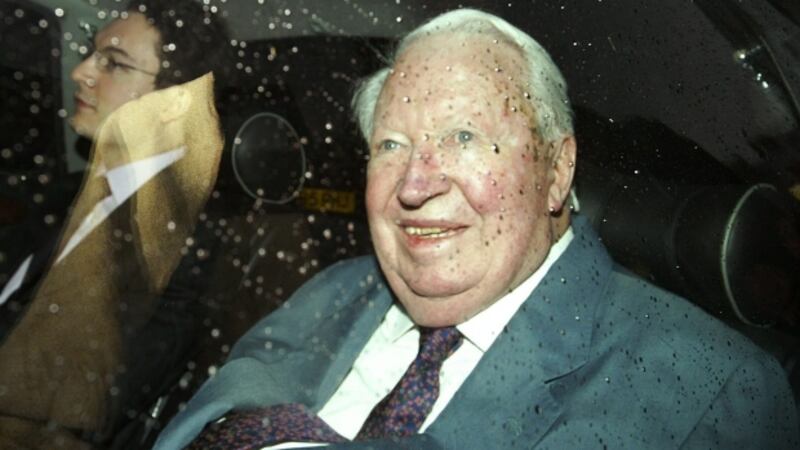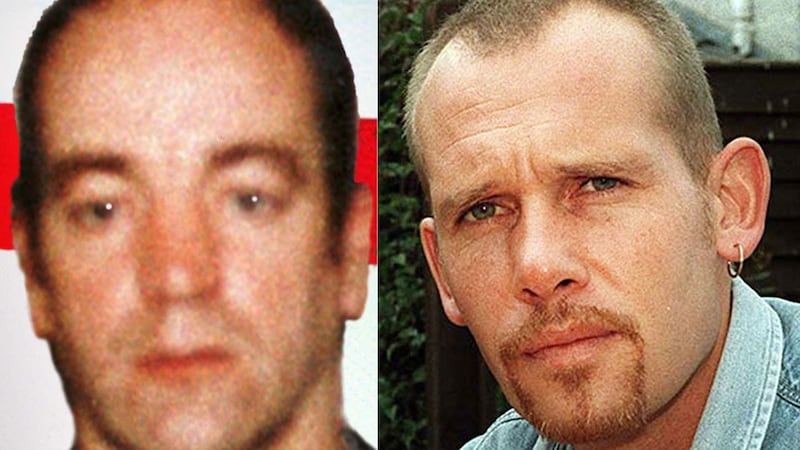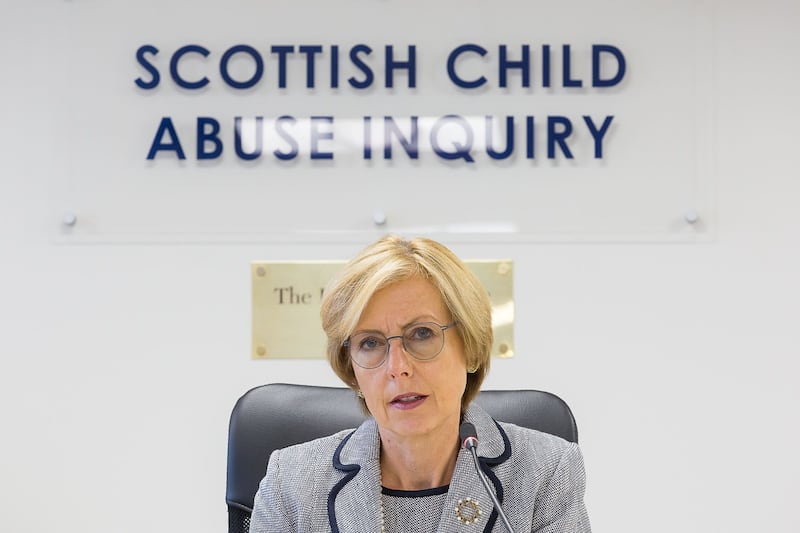SIR EDWARD Heath, who dominated Northern Ireland politics when he was Prime Minister in the early 1970s, has been linked to child sex abuse allegations that have swept across Westminster.
He is the latest in a raft of politicians from across the political spectrum to be accused of abusing children, including the late former cabinet minister Leon Brittan, Liberal Democrat Sir Cyril Smith and current Labour peer and former MP Lord Janner.
His four year tenure as prime minister was between 1970 and 1974 and during that time, Heath made the decision to impose direct rule on Northern Ireland weeks after the events of Bloody Sunday in Derry in 1972.
Last month New Zealand High Court judge Lowell Goddard launched Britain's largest public inquiry into historic abuse.
It is expected to continue until 2020.
Judge Goddard said it would travel from the "corridors of power" in Westminster to the poorest parts of the country to uncover the true scale of child sex abuse.
In July documents were also revealed showing spy chiefs warned the Thatcher government in the 1980s that allegations an MP had a "penchant for small boys" risked causing it political embarrassment.
Newly uncovered files show former MI5 director general Sir Antony Duff wrote to the then Cabinet Secretary Sir Robert Armstrong in 1986 over claims made by two sources about the MP.
Brittan, Peter Morrison, who was an aide to Margaret Thatcher, ex-diplomat Sir Peter Hayman and former minister William van Straubenzee were named in other top secret files uncovered following the review.
Heath's decision to intervene in the governance of the north by suspending the unionist dominated Stormont parliament and the conduct of British soldiers on Bloody Sunday meant Heath was criticised by both unionist and nationalist politicians in Northern Ireland.
Giving evidence to the Saville Inquiry into the events of Bloody Sunday in January 2003, Heath denied being part of a high level conspiracy which resulted in the death of 14 unarmed civilians at the hands of the British Army.
Heath died at home in Salisbury aged 89 in July 2005.






